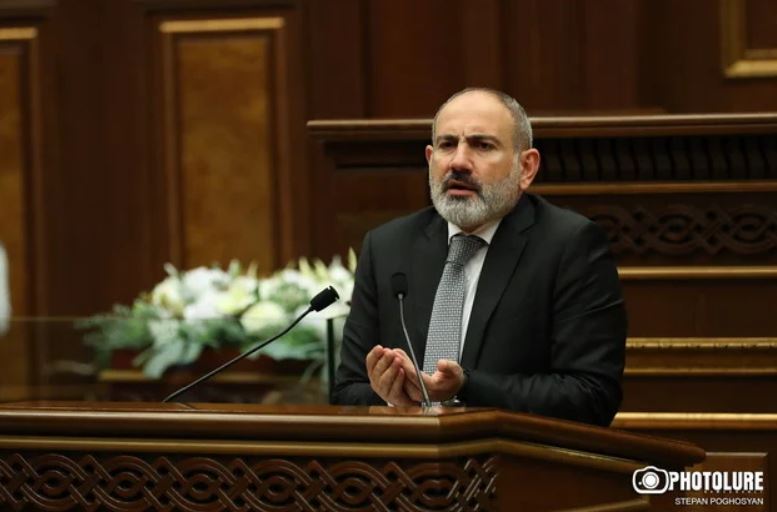Asking a politician to tell the truth is an unrealistic exercise. I think 95-97 percent of what any politician in the world says is a lie. Their goal is not to represent reality, but to be persuasive. If a politician is able to convince the addressees of their speeches with rhetorical tricks, then they achieve their goal.
For example, the Prime Minister of Armenia claims that in 2007, by agreeing to the Madrid principles, Armenia accepted that Artsakh is part of Azerbaijan. The Madrid principles were published a long time ago, and I would like to remind you of those 6 points: 1. Handover of territories surrounding the former Nagorno-Karabakh to Azerbaijan, 2. Intermediate status of Artsakh, with the provision of guarantees of its security and self-governance, 3. Corridor connecting Armenia to Artsakh, 4. Further determination of the final legal status of Artsakh through a referendum, 5. The right of internally displaced persons and refugees to return to their former places of residence, 6. International security guarantees, which will also include peacekeeping activities.
But who now remembers these points of the Madrid principles? Who among the citizens of Armenia are familiar with these principles? I think barely one percent. The rest is familiar with their interpretations and considers acceptable those interpretations that seem more convincing. Therefore, if a figure appears who, using the best tricks of the art of rhetoric, convinces people that according to these principles, Madrid is a part of Australia, most people will believe it unconditionally.
It’s not about whether the diplomatic process is good or bad, but about politicians giving right or wrong information. Telling the truth is not part of their duties at all. Blaming each other – yes, it’s their “penny.”
Read also
The mutual accusations of the “present-formers” are, of course, very interesting in terms of coverage: a whole Shakespearean drama unfolds. The reality is more primitive, but no less dramatic. Robert Kocharyan and Serzh Sargsyan were not determined to reach a compromise with their neighbors. Nikol Pashinyan also did not find the strength to do this, but in addition, he could not avoid a catastrophic war.
But that sad reality is hardly talked about. Instead, the debate turns to who left what documents to whom. That is why I think that today there is a special symbiosis of “present” and “former” when the parties throw terrible accusations at each other, but in reality, at least, they do not have serious contradictions regarding Artsakh.
Aram Abrahamyan





















































